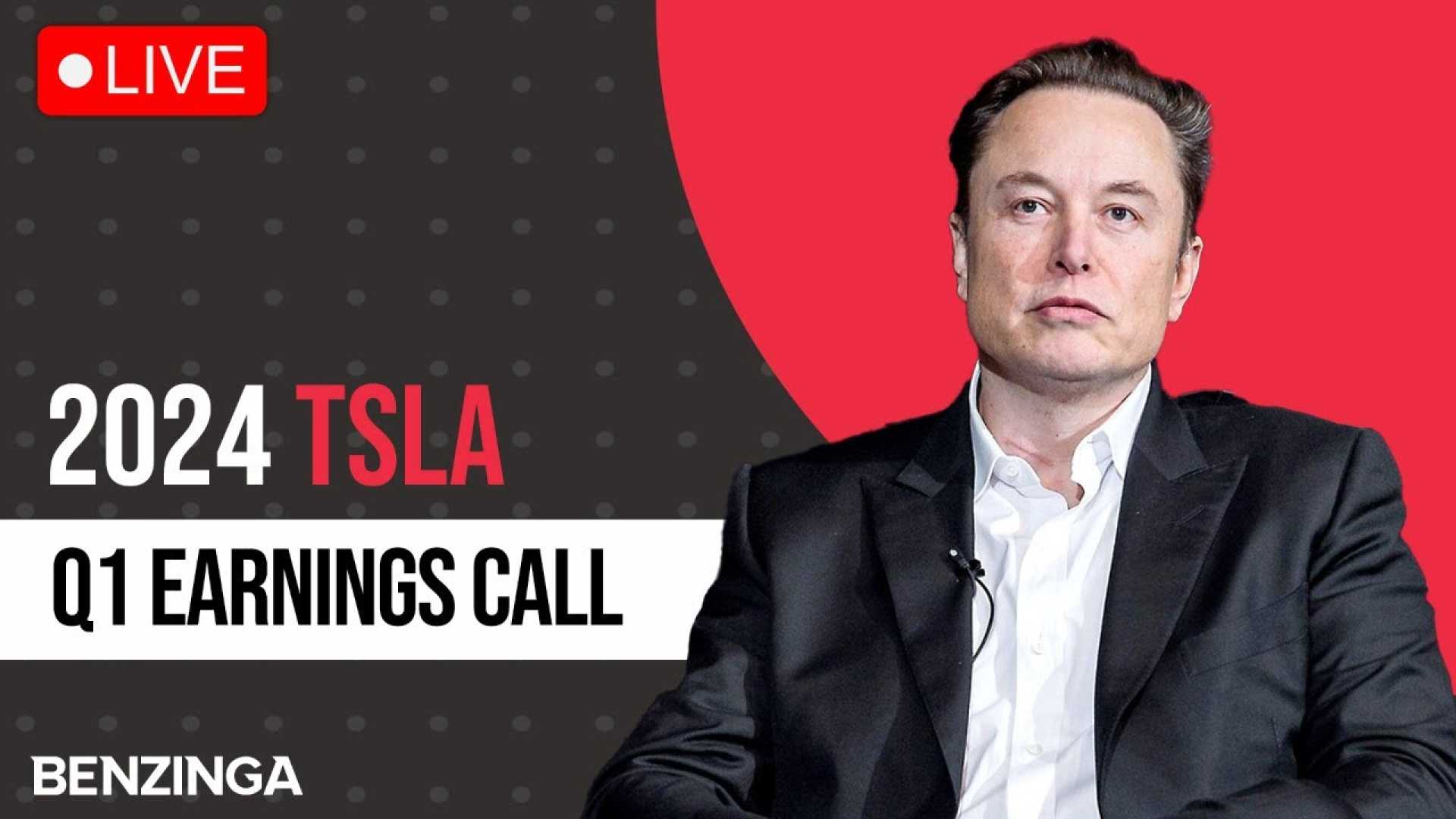Business
Tesla Faces Economic Challenges as Q2 Earnings Fall Short

PARIS, France — Tesla reported a decline in revenue and profits for the second quarter, signaling ongoing challenges for the electric vehicle giant. The company revealed its automotive revenue dropped 16%, totaling $16.7 billion, down from $19.9 billion a year prior. This marks the second consecutive quarter of declining sales, and the results trailed analysts’ expectations.
In its earnings report, Tesla stated that the number of vehicle deliveries fell 14% year-over-year to 384,000. Analysts had expected 389,400 deliveries. The decrease in delivery numbers and revenue are attributed to increased competition from affordable EV offerings and growing customer discontent tied to CEO Elon Musk‘s political actions.
Tesla’s net income also took a hit, dropping to $1.17 billion, or 33 cents per share, down from $1.4 billion, or 40 cents per share, during the same period last year. Despite the downturn, Tesla emphasized new projects, stating they began creating a more affordable model in June, set for volume production in the latter half of 2025.
Throughout this year, the company’s stock has declined about 18%, making it the worst performer among major tech companies. Analysts remain divided on Tesla’s stock, with some fearing continued losses owing to Musk’s attention being diverted to other ventures and political engagements.
In an effort to regain momentum, Tesla is testing a new robotaxi service in Austin, Texas, which operates under strict limitations. While Tesla aims to expand the service nationwide, experts warn that its financial impact may be negligible in the short term. The company is positioning its future around robotaxis and advanced AI technologies, which Musk believes will drive new revenue streams.
As investors anticipate updates in Tesla’s upcoming earnings call, there are questions regarding the sustainability of the company’s strategies amidst changing market dynamics. Analysts suggest that more focus should shift to Tesla’s future capabilities rather than short-term sales fluctuations.
Despite the setbacks, the company reported a 17% increase in gross profit from its services segment, which includes revenue from EV charging stations. Tesla noted that the increase was driven by higher demand for Supercharging stations, with plans to bolster their network further.
As the market closes, Tesla’s future hinges on the successful launch and execution of its robotaxi service, alongside the introduction of new vehicle models.












